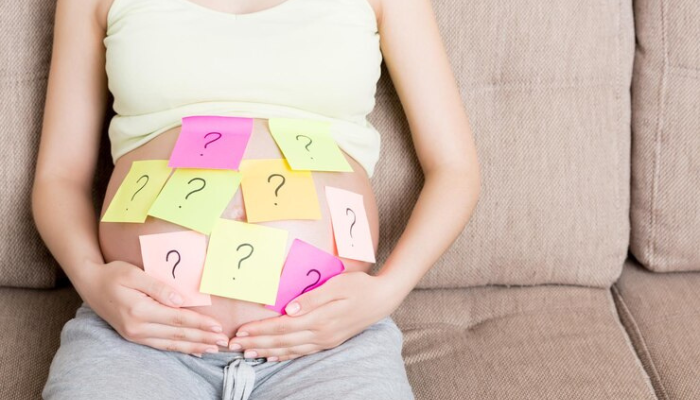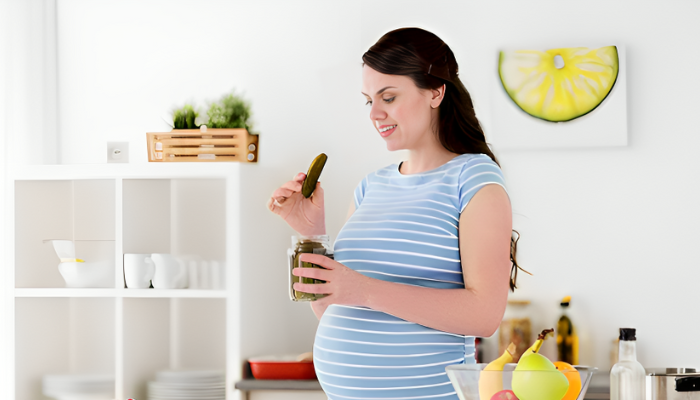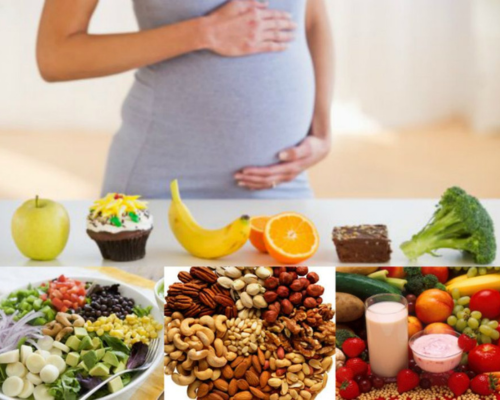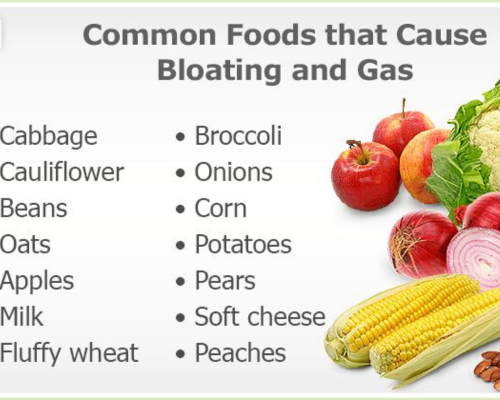Introduction
The good news is that there are effective ways to reduce stomach bloating during pregnancy. pregnancy is a time of joy and anticipation, but it can also bring its fair share of discomforts. One common issue that many expectant mothers face is stomach bloating. In this comprehensive guide, we’ll delve into the causes of stomach bloating during pregnancy and provide you with practical strategies to help you feel more comfortable throughout this beautiful journey.
Table of Contents
Understanding the Causes of Pregnancy Bloating

Hormonal Changes and Bloating
During pregnancy, your body undergoes significant hormonal changes, including a rise in progesterone levels. While these hormones are essential for a healthy pregnancy, they can also relax the muscles in your gastrointestinal tract. This relaxation can slow down digestion, leading to gas buildup and bloating.
Growing Uterus and Digestive Pressure
As your baby grows, your uterus expands, putting pressure on your digestive organs, including your stomach and intestines. This pressure can slow down the movement of food through your digestive system, contributing to bloating and discomfort.
Dietary Factors and Bloating
The foods you eat play a crucial role in bloating during pregnancy. Some foods are known to produce more gas when digested, such as beans, broccoli, and cabbage. Swallowing air while eating or drinking can also lead to increased gas and bloating.
Natural Remedies for Alleviating Pregnancy Bloating

Herbal Teas and Bloating Relief

Herbal teas like peppermint and ginger can work wonders for your digestive system. They have properties that help relax the muscles of the gastrointestinal tract, and help to reduce stomach bloating. Sipping on a cup of ginger or peppermint tea after meals can ease discomfort.
Gentle Exercises to Reduce Bloating

Engaging in light, pregnancy-safe exercises can promote healthy digestion and reduce stomach bloating. Activities like walking, prenatal yoga, and stretching can help keep your digestive system moving smoothly.
Probiotics and Digestive Health

Consider incorporating probiotic supplements or probiotic-rich foods like yogurt into your diet. Probiotics introduce beneficial bacteria into your gut, helping maintain a healthy balance of gut flora. This can aid digestion and help to reduce stomach bloating. Always consult your healthcare provider before adding any new supplements to your routine during pregnancy.
Dietary Tips to Minimize Bloating During Pregnancy

Stay Hydrated

It might seem counterintuitive, but drinking plenty of water can actually help reduce bloating during pregnancy. Dehydration can slow down digestion and lead to constipation, which can exacerbate bloating. Aim to drink at least eight glasses of water a day, and consider sipping on water-rich fruits like watermelon and cucumber.
Choosing Pregnancy-Friendly Foods

A well-balanced diet that includes plenty of fiber-rich foods, such as fruits, vegetables, and whole grains, can help regulate your bowel movements and reduce constipation, which can contribute to bloating.
Portion Control and Bloating Prevention

Opt for smaller, more frequent meals throughout the day to prevent your stomach from becoming too full. This can reduce the stomach bloating. Avoid overeating, as it can put additional pressure on your digestive system.
Avoid Gas-Producing Foods

Certain foods and beverages are notorious for causing bloating. While everyone’s sensitivities are different, common culprits include beans, broccoli, cabbage, carbonated drinks, and artificial sweeteners.You should pay attention to how your body reacts to different foods and adjust your diet accordingly.if we take diet according to our body needs it will help to reduce stomach bloating.
Gentle Exercise

Exercise is not only safe during pregnancy but can also be beneficial for reducing bloating. Engage in low-impact activities like walking, swimming, or prenatal yoga. These exercises promote healthy digestion and help alleviate gas buildup.
Peppermint Tea

Peppermint tea is a natural remedy that can provide relief from bloating. It has properties that help relax the muscles of the gastrointestinal tract and soothe digestive discomfort. Sip on a cup of peppermint tea after meals or whenever you’re feeling bloated.
Medical Approaches for Severe Pregnancy Bloating
When to Consult a Healthcare Provider

While mild bloating is common during pregnancy, severe or persistent bloating should not be ignored. If you experience severe abdominal pain, fever, or notice blood in your stool, contact your healthcare provider immediately. There may be a more serious issue requiring medical attention if these signs are present.
Prescription Medications for Bloating
In some cases, your healthcare provider may prescribe medications to alleviate severe bloating. These medications are typically safe for use during pregnancy and can provide relief when other methods have proven ineffective.these medician helps to reduce stomach bloating.
Alternative Therapies for Relief

Acupuncture, acupressure, and chiropractic care are alternative therapies that some expectant mothers find helpful for reduce stomach bloating. Always consult with a qualified practitioner who has experience working with pregnant women.
Frequently Asked Questions
How can I reduce bloating in early pregnancy?
Bloating in early pregnancy can often be managed with dietary adjustments, such as increasing fiber intake and staying hydrated. Gentle exercises like walking can also help.
Are certain foods known to cause more bloating during pregnancy?
Yes, some foods are more likely to cause gas and bloating. These include beans, broccoli, cabbage, and carbonated drinks. Adjust your diet based on how your body reacts to different foods.
What exercises can help relieve stomach bloating while pregnant?
Low-impact exercises like walking, prenatal yoga, and gentle stretches can promote healthy digestion and reduce stomach bloating.Exercise during pregnancy should always be discussed with your healthcare provider.
When should I be concerned about severe stomach bloating during pregnancy?
If you experience severe abdominal pain, fever, blood in your stool, or persistent bloating, contact your healthcare provider immediately.There may be a more serious issue requiring medical attention if these signs are present.
Are there any safe medications for pregnancy bloating relief?
Your healthcare provider can recommend safe medications for bloating relief during pregnancy if necessary. These medications are typically prescribed only when other methods have not provided relief and are considered safe for expectant mothers.
Conclusion
Stomach bloating during pregnancy is a common challenge, but it’s one that can be managed effectively. By understanding the underlying causes and implementing practical strategies, you can significantly reduce stomach bloating and enjoy a more comfortable pregnancy journey. Always consult with your healthcare provider for personalized advice and guidance on managing bloating during pregnancy. Remember, your well-being and the health of your baby are top priorities, so don’t hesitate to seek professional help when needed.
Foods to Avoid for a Bloat-Free Tummy
5 Foods That Help Reduce Stomach Bloating
Best 5 Ways to Reduce Stomach Bloating
How To Reduce Stomach Bloating







